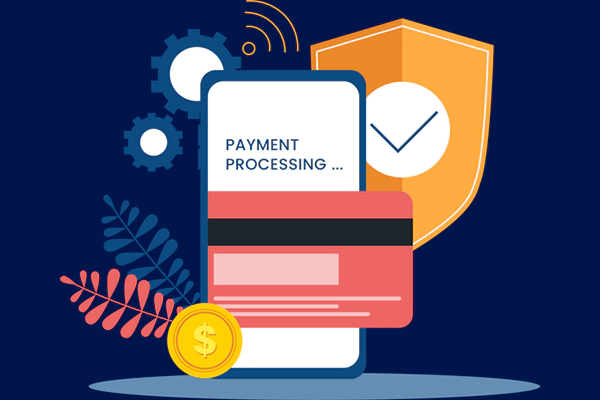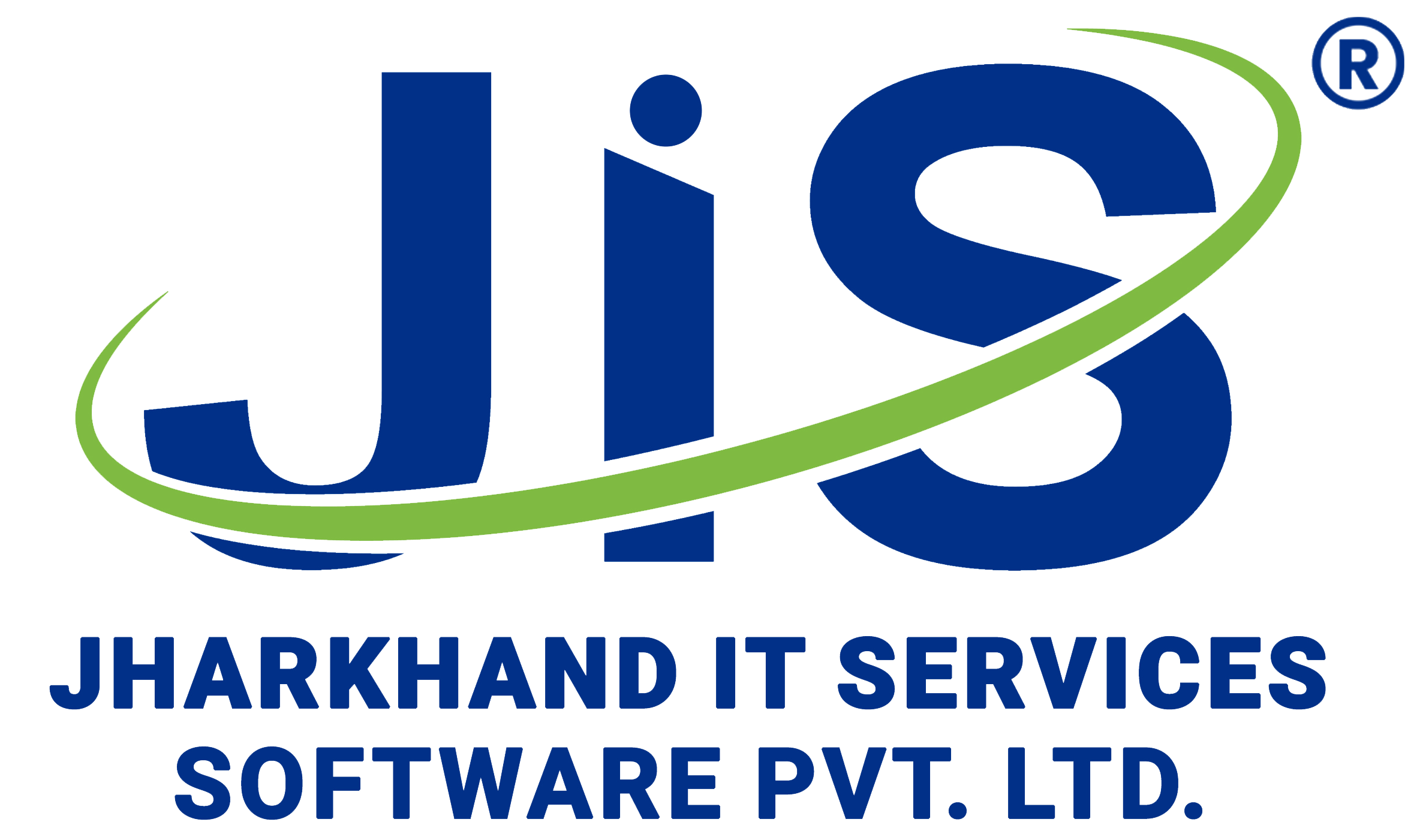Payment Gateway Integration
A payment gateway acts as the intermediary in financial transactions, facilitating seamless exchanges between merchants and consumers, whether in physical or online settings, or through various payment services like UPI, NEFT, or RTGS. Four primary parties are involved in the payment gateway process: the customer, the merchant, the issuing bank, and the acquiring (receiving) bank, resulting in a straightforward and secure process.
Customers initiate payments by providing their personal and financial information, either by swiping a credit or debit card or entering bank account details. Multiple layers of security encrypt this data, safeguarding it from unauthorized access. The payment gateway assesses the customer's account to determine the availability of funds for the purchase and subsequently notifies the transaction's approval or decline
Now, let's differentiate between payment gateways and payment processors:
Payment Gateways: These platforms receive customer information and then forward it to payment processors for verification within the card system. They are responsible for informing customers and merchants about the approval or decline of transactions. Payment gateways require encryption primarily through SSL and are more cost-effective and suitable for startups and small businesses due to their lower certification and development costs.

Payment Processors: Payment processors play a crucial role in relaying data to verify the validity and security of card details. They communicate the response to the payment gateway through data transmission between issuing and receiving banks. However, payment processors involve higher development costs and longer development times, as they need to ensure compliance with ISO 8583 standards.With the evolution of technology, many businesses have transitioned from traditional bank transfers to more convenient, secure, and reliable methods of accepting payments via payment gateways. There are several common types of payment gateways available to cater to different business needs.
Hosted payment gateways
Using this payment gateway, when a customer clicks the ‘buy’ button on the merchant website, the system redirects the customer to the payment service provider’s website. Now, the customer needs to enter the relevant card or bank information. Upon confirmation, the customer then gets back to the merchant’s website to receive their order confirmation message. As a way of ensuring customer confidence, merchants can include their logo on the payment page.
Self-hosted payment gateways
This type of payment gateway, also known as pro-hosted payment gateways, involves the client providing card or bank details on the merchant’s website. Customers may need to submit information in a specific format. Upon submission, the data is then transmitted to the payment gateway’s URL. As it is on the merchant’s website, it makes the customer experience better.
API hosted payment gateways
The customer inputs their credit card or bank details on the merchant’s website in this payment gateway. Instead of directing to the URL page, the payments are made via HTTPS queries or APIs. The merchants have complete control over the whole purchase process. However, to provide this facility, merchants must possess SSL certification and DSS compliance.
Factors to Consider when Choosing a Secure Payment Gateway
Selecting a trustworthy payment provider is crucial for merchants aiming to provide a seamless customer experience and boost traffic to their physical or online stores. Customers today can easily access payment service provider apps on their mobile devices, such as the Bharat QR code within Android apps.
The range of payment methods and currencies: Businesses should evaluate how many payment options and currencies they want to incorporate into their payment process, as offering a variety of choices enhances customer satisfaction.
Transaction speed: A swift transaction process, from transferring funds from the customer's account to the merchant's account, is vital for good customer service.
Transaction fees and service costs: Transaction fees vary depending on factors like transaction volume and frequency, so businesses should assess these costs.
Merchant accounts: Some payment gateways require merchant accounts, which often come with lower transaction fees and provide enhanced security, making them a suitable choice, especially for high-volume businesses.
Security standards: Payment gateways must adhere to 3D Secure and PCI data security standards, ensuring the highest level of security.



